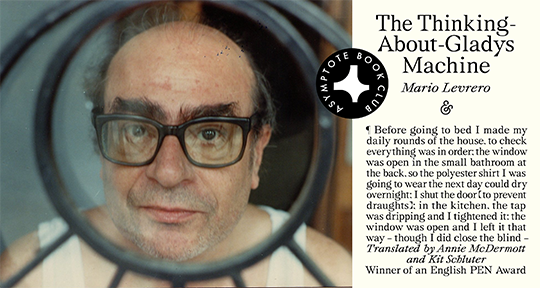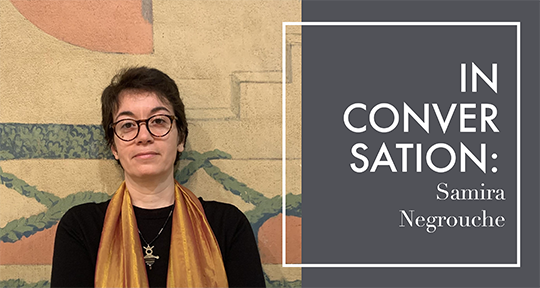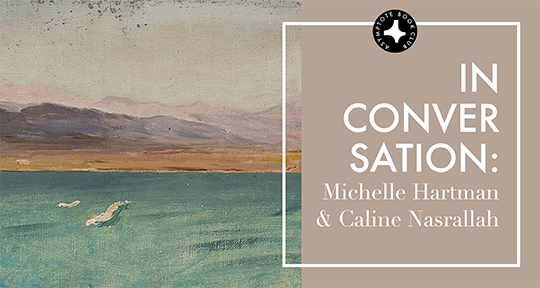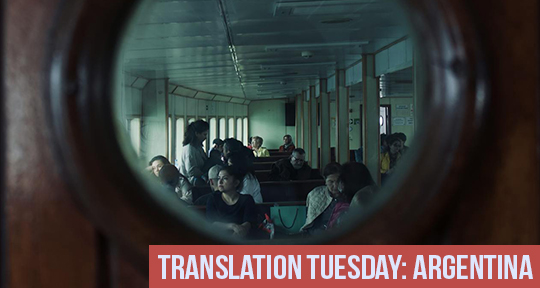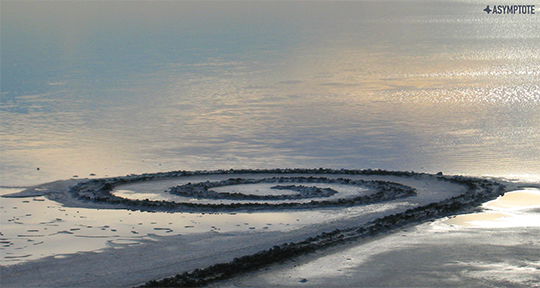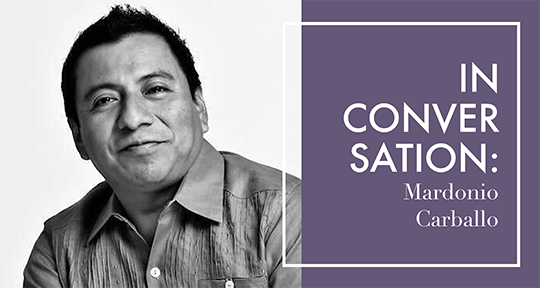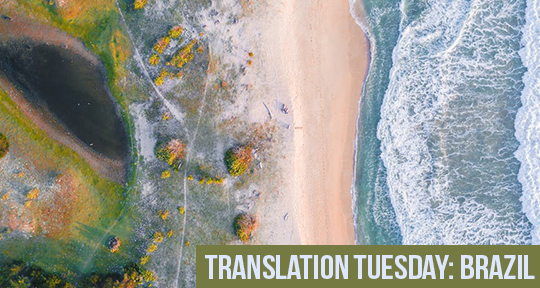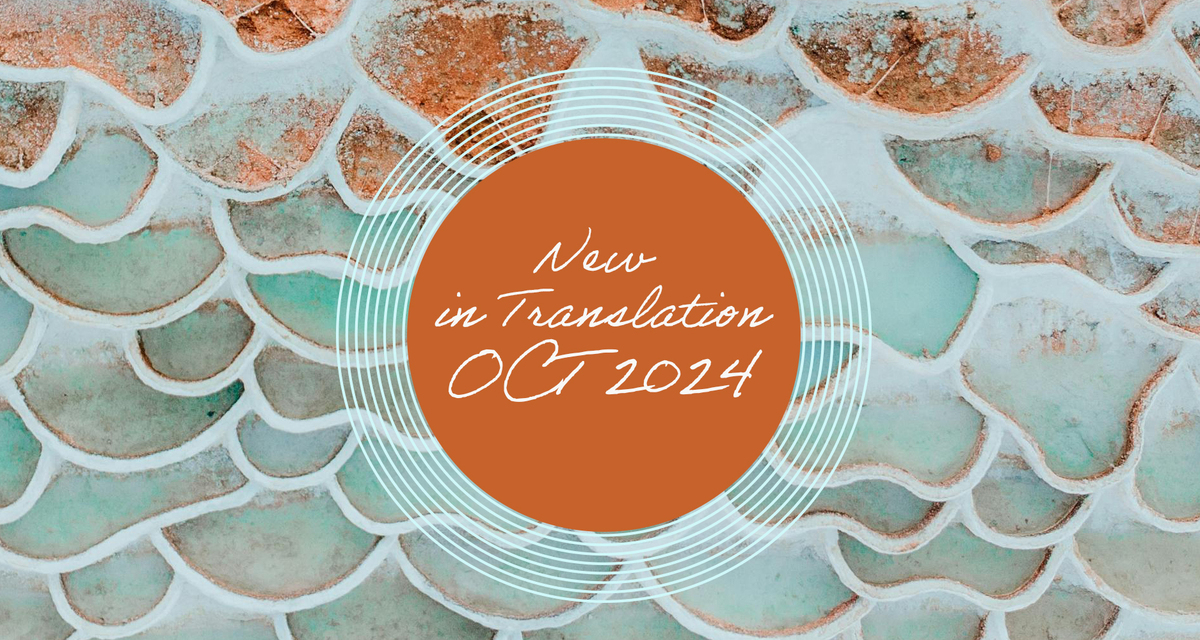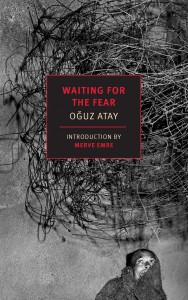In The Thinking-About-Gladys Machine, the idiosyncratic wonderments of Mario Levrero are exhibited in a dazzling array. This first collection was, as the author tells it, ‘turned back into pulp’ in its first print run, but has since grown with tremendous repute, leading into a dedicated following in both its native Uruguay and neighbouring Argentina. It’s easy to see how these tales enthrall; each sees Levrero pushing the narrative form ever further into the enigmatic and the expansive, and any subject, object, and space is rendered as capable of endless transformations, creating portals at the seams of experience for the reader’s own marvelling journey. On live the bizarre, the mysteries, growing and multiplying at the non-existent borders of imagination.
The Asymptote Book Club aspires to bring the best in translated fiction every month to readers around the world. You can sign up to receive next month’s selection on our website for as little as USD20 per book; once you’re a member, join our Facebook group for exclusive book club discussions and receive invitations to our members-only Zoom interviews with the author or the translator of each title.
The Thinking-About-Gladys Machine by Mario Levrero, translated from the Spanish by Annie McDermott and Kit Schluter, And Other Stories, 2024
What does reality look like? Might it in fact be more dreamlike than we assume? Does true madness lie in the acceptance of daily routine? All these questions ricochet throughout the stories of The Thinking-About-Gladys Machine, a dazzling array of imaginative exercises from the eclectic Uruguayan writer Mario Levrero. The simplest beginnings—the daily rounds of a bedtime ritual, the anxieties of being late for work—take unexpected turns, leading us to places we never could have imagined. Along the way, chance is revealed to be the dominant factor in reality, rather than routine. Levrero is a dizzying stylist and he is matched with aplomb by translators Annie McDermott and Kit Schluter, who evidently share the author’s passion for imaginative play.
The Thinking-About-Gladys Machine is both a product of the imagination and a book that mirrors it; just like the human psyche, the diverse stories of the collection record both our meanderings and our obsessions. Often, our narrator is a Levrero-like figure: a good-natured, comedic man (prone to yearning for women, as the title attests) who follows his flights of fancy to their utmost ends. He is a charming narrator, skilled with wry turns of phrase, and his inability to leave any stone unturned takes him down curious paths. Whether it’s the miniature world hidden within a lighter in ‘Beggar Street’, or the young boy who grows old searching for a key in ‘The Basement’, Levrero plays with absurd economies of scale by stretching out both space and time. Reality and matter are his playthings, but the ensuing absurdity leads to some profound truths. Life, as Levrero’s literature evidences, is richer and more beautiful when we follow our whims. READ MORE…

